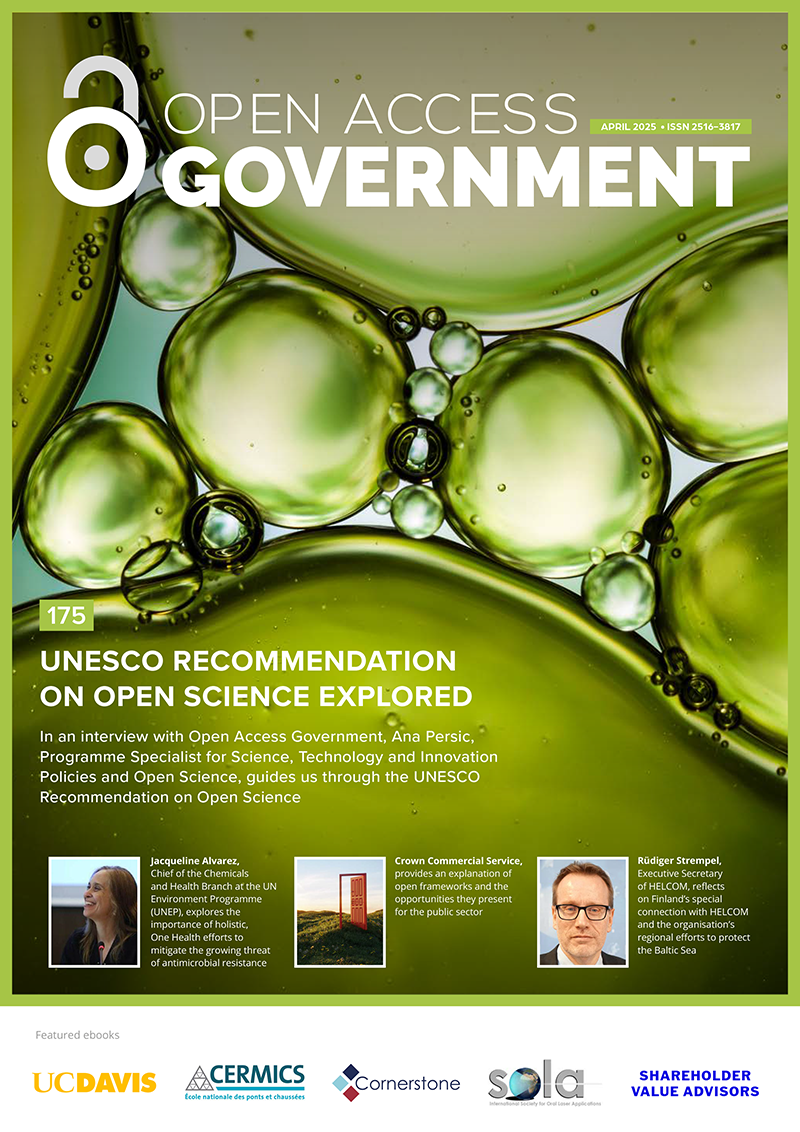We welcome Spring 2025 with a thought-provoking edition featuring policy and research insights from experts, government officials, and respected organisations.
This exciting edition includes special sections on healthy ageing, women’s health, oncology, mental health, research and innovation, digital transformation, environment, transportation, and energy, among many other insightful topics
As we increasingly rely on digital solutions to address challenges across various sectors, it is evident that this growing adoption must be paired with suitable and ongoing engagement and education.
Digital inclusivity is crucial for bridging gaps in care delivery, and we explore this theme with an article in our opening Health and Social Care section discussing a study on how Māori communities utilised digital healthcare technology during COVID-19.
Elsewhere in our health sections, we focus on the prevalence, prevention, and treatment of chronic conditions, comprising articles from the American Optometric Association, British Association of Clinicians in ME/CFS, World Cancer Research Fund International and the Canadian Centre on Substance Use and Addiction.
January 2025 was the warmest month since records began. In our section on Environment and Health, contributors, including the Canadian Public Health Association and the UN Environment Programme, examine the myriad ways the climate crisis is impacting our health, from the effects of air pollution to pharmaceutical and food waste.
Our Research and Innovation section begins with an article by Dr Ana Persic from UNESCO, who examines UNESCO’s recommendations regarding open science. Following this, Jan Palmowski from The Guild of European Research-Intensive Universities emphasises the importance of identifying comparative advantages as the EU develops a new research and innovation programme in response to Donald Trump’s focus on AI.
You will also find insightful pieces on the themes of materials science, education, philosophy, and culture.
Find more highlights from our April edition below, and we hope you enjoy the diverse and insightful content.
Air and water pollution: A public health concern requiring proactive measures
Ian Culbert, Executive Director of the Canadian Public Health Association, discusses the
health impacts of air and water pollution and steps needed to mitigate their impact
The power of demography for Europe’s future
Christa Schweng, EESC Member, Rapporteur for the EESC opinion on The impact of demography on Social Europe, argues that demography has the power to determine Europe’s future
Building a digital twin of the heart
The team at the National Heart, Lung, and Blood Institute (NHLBI) shares how
technology is supporting the advancement of precision medicine research and
patient care by building a digital twin of the heart
Analysing the UK’s artificial intelligence policy
Philosophy: The art of asking the right questions
Laurent Bibard, Professor at ESSEC Business School, states that philosophy is a skill that helps solve problems and comments on knowing how to rediscover our skills and asking the right questions about our future priorities
The Finnish connection: Regional efforts to protect the Baltic Sea
Rüdiger Strempel, Executive Secretary of HELCOM, reflects on Finland’s
special connection with HELCOM and the organisation’s regional efforts to
protect the Baltic Sea
A path out of the finance curse? Lessons for the developing economies
Dr Anastasia Nesvetailova, Head of Macroeconomic and Development Policies Branch
at UNCTAD examines the financial challenges facing developing economies today
Explaining open frameworks and their opportunities for the public sector
Crown Commercial Service provides an explanation of open frameworks
and the opportunities they present for the public sector
Backed by the UN, governments are breaking down antimicrobial resistance
Jacqueline Alvarez, Chief of the Chemicals and Health Branch at the UN
Environment Programme (UNEP) explores the importance of holistic, One
Health efforts to mitigate the growing threat of antimicrobial resistance
How research informs policy
Dr Martin Lukavec, Senior Lecturer at the London School of Business and Finance,
discusses how research informs policy, illustrated by the examples of randomised
trials, behavioural economics and economic incentives


